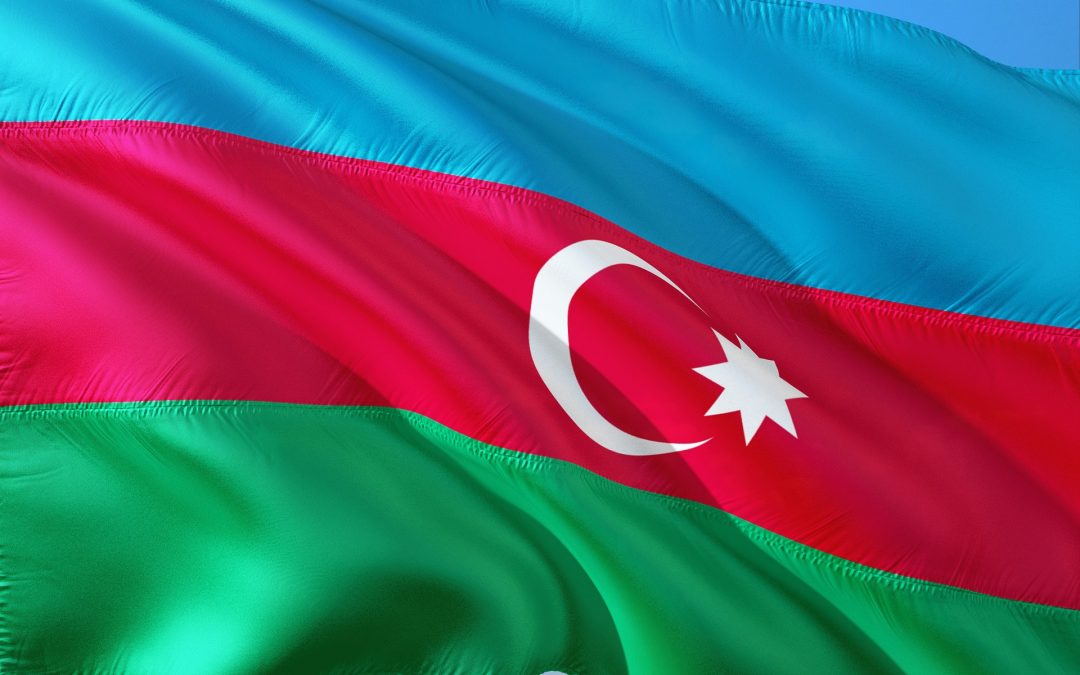UN Working Group on Business and Human Rights, 27 August 2014
In our capacity as members of the United Nations Working Group on Business and Human Rights, we have today ended our ten-day visit to the Republic of Azerbaijan. The objective of our visit was to support efforts of the Government, business enterprises and other stakeholders to prevent and strengthen protection against business-related human rights abuses, in line with our mandate and the UN Guiding Principles on Business and Human Rights…
Economic growth has fuelled the expansion of social assistance and allowed Azerbaijan to significantly reduce the number of people living below the poverty line in less than a decade: from 42.6 per cent in 2005 to 6 per cent in 2012. There has been a significant rise in average wages, yet it is estimated that approximately 40 per cent of the population remain low-wage earners, often working in the informal economy. Other key challenges are regional income disparities, with wage levels in Baku around double that of other parts of the country; and income disparities between genders, with women’s average wages being less than half that of men…
The Government is aware of and primed to address these challenges, as evidenced by the “Azerbaijan 2020: Look into the Future” Development Concept, which was approved by Presidential Decree in December 2012…
In our meeting with the Office of the Commissioner for Human Rights (the Ombudsman) we learned about some of its activities that relate to the business and human rights agenda. However, overall, our meetings with the Government, business enterprises and civil society revealed that awareness of business and human rights issues and the Guiding Principles on Business and Human Rights is very limited. We observed that grievances are addressed largely through the court system and that there is little awareness of the role that non-judicial mechanisms can play to complement and supplement judicial mechanisms.
When asked about country’s most salient business and human rights issues, our interlocutors typically mentioned two areas: (1) the situation facing internally displaced persons (IDPs) as a consequence of the armed conflict in and around the Nagorno-Karabakh region of the Republic of Azerbaijan; and (2) the “right of entrepreneurs” to start and grow a business in the country…
We also note that several civil society organizations have recently experienced difficulties with registration and have had their bank accounts frozen. Consequently these organizations have had to cease their activities. From the information received, the grounds for freezing bank accounts relate to recent amendments to the law “On non-governmental organizations (public associations and foundations)”, the law “On grants” and requirements for registration of grants with the Ministry of Justice….
Corruption is recognized as a serious problem, and the 2020 Development Concept highlights the need to scale up the fight against corruption. The Government has already taken measures to combat corruption and abuse of public position…
We observe that there is a need to further improve the collection of data on occupational health and safety, including through enhanced collaboration between the Ministry of Labour and the State Statistical Committee. We also explored the situation of trade unions and issues relating to collective bargaining. We note that over 85 per cent of workers belong to one of the approximately 1,600 trade unions in the country…



Recent Comments